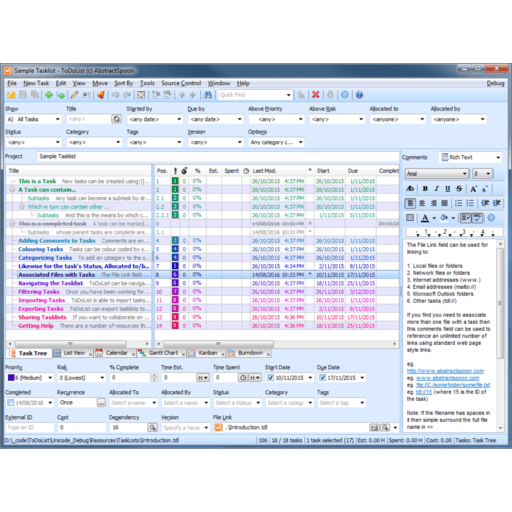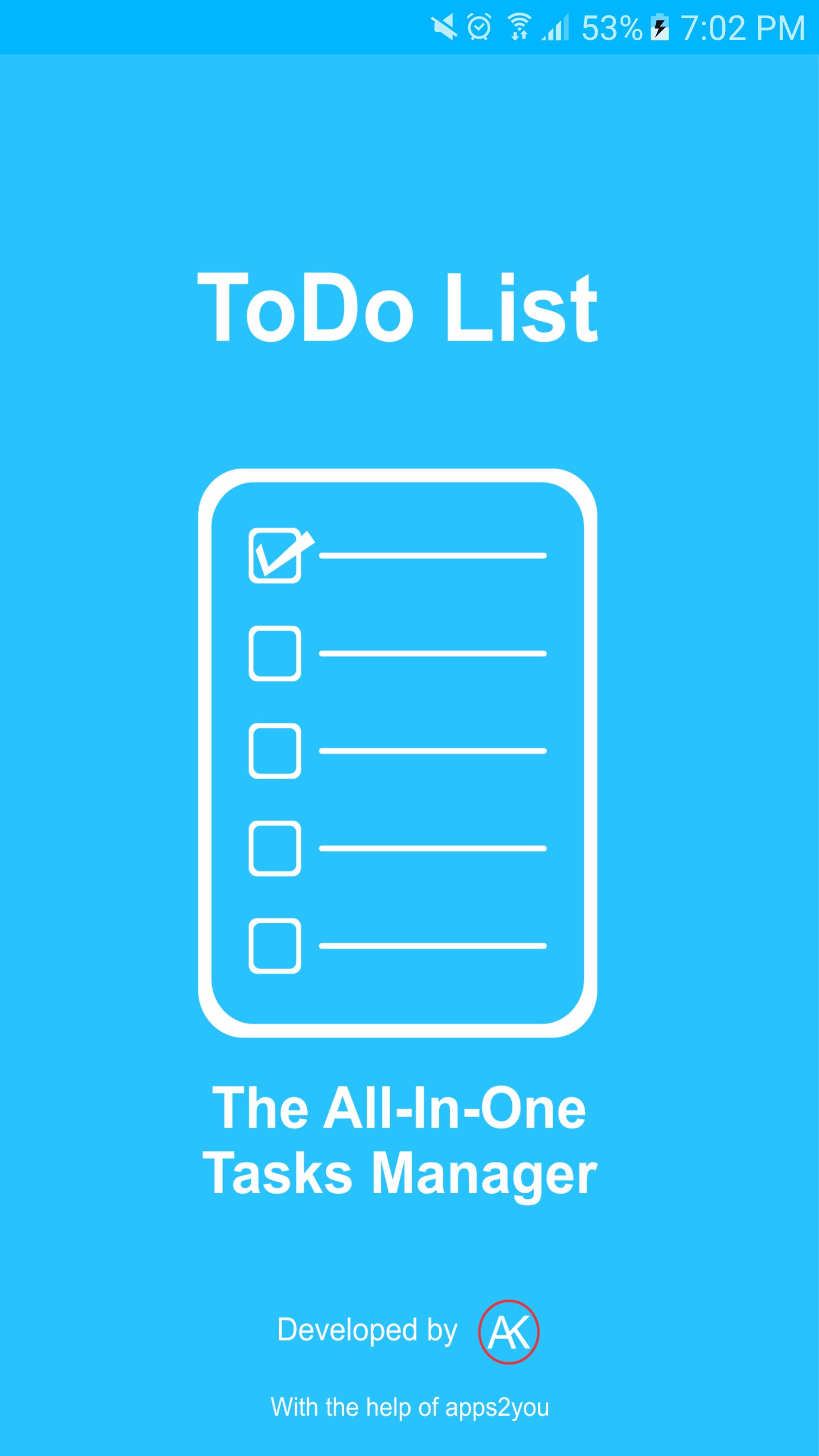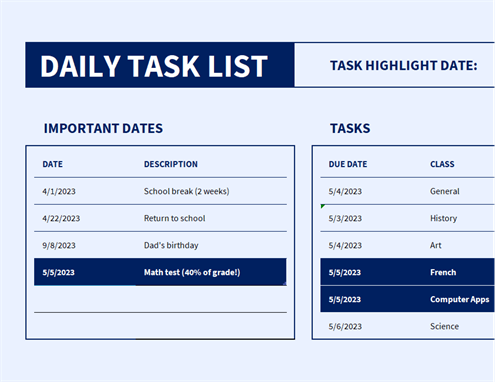

Introductory words give a basic outline of what the day's lecture will cover ("Today we'll discuss." "After today you should be able to.").Signal words and phrases may also indicate that a professor is saying something you should remember:.This may indicate excitement information a professor is excited about often ends up on tests! Breaks concepts or processes into steps.Writes information on the board or overhead.Says it's important or repeats the information.

Calmly remind yourself to pay attention.Īre you unsure about what to include in your notes? Write it down when the professor: If you are concerned about something, write yourself a reminder to deal with it later then put it out of your mind. Making this connection improves comprehension and lets the professor know you are interested in the class. Pretend you and the professor are engaged in a conversation: make eye contact, nod when you agree, and ask questions when you are confused.Sit in "T section" to minimize distractions.Arrive early and stay late in case the professor makes announcements, or introduces or summarizes important information.

Engaged listeningĪctive engagement will help you learn and retain more information from lectures. IMPORTANT: no matter how notes look, reviewing them on a regular basis is the key to retaining the information. Developing listening and organizational skills will make your note taking easier and more effective.


 0 kommentar(er)
0 kommentar(er)
